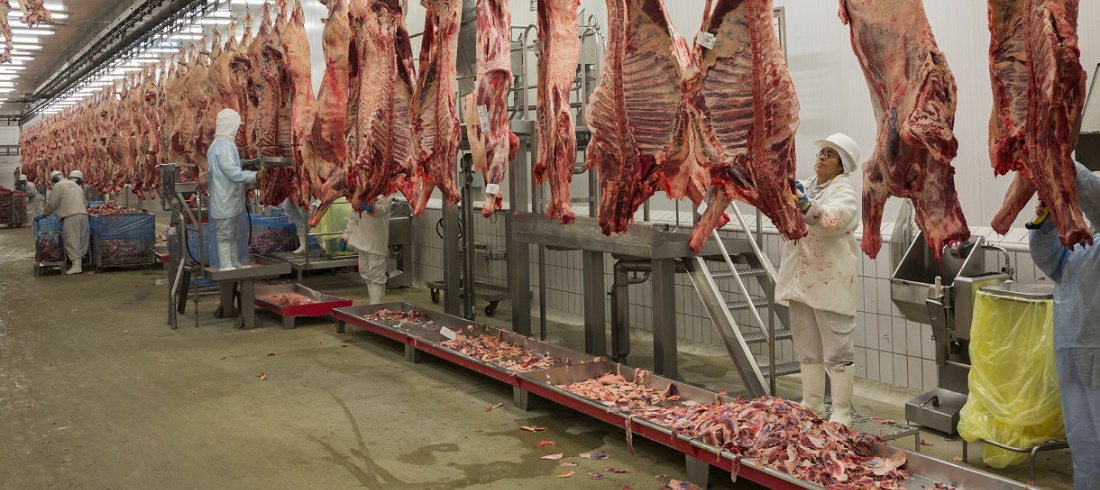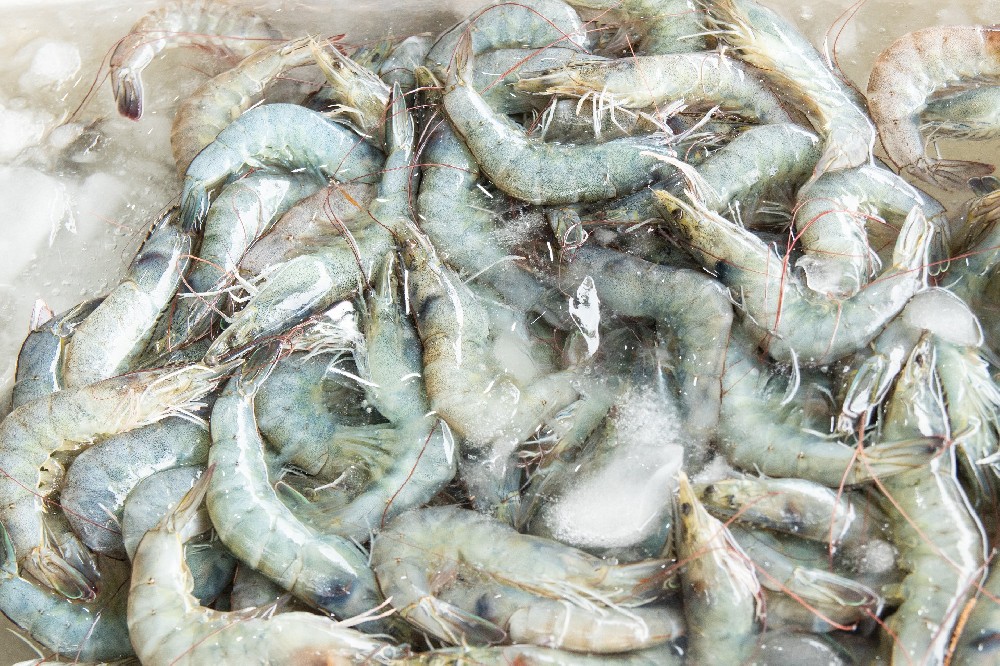Brazilian beef market supply and demand imbalance pushes up prices, Chinese buyers cautious attitude

Recently, the Brazilian beef market has become the focus of global meat trading, and its price trend not only reflects subtle changes in the global supply chain, but also profoundly affects the purchasing strategies of many importing countries, including China. Against the background of pressure on both supply and demand, the expectation that Brazilian cattle prices will continue to strengthen in the fourth quarter has become increasingly obvious, while Chinese buyers have shown caution in this round of price increases.
Brazilian cattle prices have continued to climb since August, driven by strong demand growth and a significant reduction in supply. Brazil recorded record slaughter volumes in the first half of the year, but subsequent supply shortages quickly pushed up market prices. Although some production areas suffer from natural disasters such as fires, which in normal circumstances may cause market prices to fall, the current imbalance between supply and demand makes this factor diluted. Alcides Torres, founding shareholder of Scot Consultoria, an agricultural consultancy, points out that supply and demand in the current market have transcended weather factors and become the dominant force in determining prices.

Chinese buyers have shown strong resistance to rising Brazilian beef prices. South american salespeople to china reported that although chinese buyers showed strong interest in futures purchases, they did not recognize the price increases in futures offers driven by brazilian exporters. This attitude not only affects China's own purchasing rhythm, but also indirectly pushes up expectations of beef sales prices to China in other parts of South America.
Part of the price sensitivity of Chinese importers stems from lower prices for some imported meat in the domestic market. This phenomenon has led some Chinese buyers to choose to slow down the pace of purchasing and wait for more suitable prices to appear. At the same time, exporters from South American countries such as Uruguay also generally said that although Chinese buyers have not fully accepted the price increase, the entire industry is not willing to lower the sales price, and the rising trend of market prices is difficult to reverse.
Despite caution from Chinese buyers, the Brazilian beef export market as a whole remains stable. Argentine exporters say inquiries from chinese buyers are continuing, transaction prices are stabilizing and some factories have even successfully completed futures sales as far back as november. This shows that Brazilian beef remains competitive in the global market.
Looking ahead, the price trend of Brazilian beef market is still generally optimistic. Maurício Palma Nogueira, head of Athenagro, an agricultural consultancy, points out that the combination of reduced supply and strong demand at home and abroad will support the market for a long time. He further stated that Brazil may be in the midst of a phase transition in the bull cycle and that prices are expected to continue to rise in the future.
-

Ecuadorian Shrimp-It's Not Easy To Love You
2024-07-04 -
The AI Lecture of Zhanjiang Chamber of Commerce was successfully held in Quanlian Centralized Procurement, helping the enterprise to upgrade its digital intelligence
2025-04-18 -
Tilapia Tariff Raised to 45%, U.S. Market Waiting for Change
2025-04-02 -
Into the Northwest Frozen Food Hub| All-Union Centralized Procurement Visits Lanzhou Jiaojiawan Frozen Market
2025-03-07 -
China's Ministry of Commerce's latest response to the US imposition of a 10% tariff on Chinese exports to the United States
2025-03-04 -
Ecuador shrimp industry new era, 2024 top ten shrimp enterprises list announced
2025-02-26













